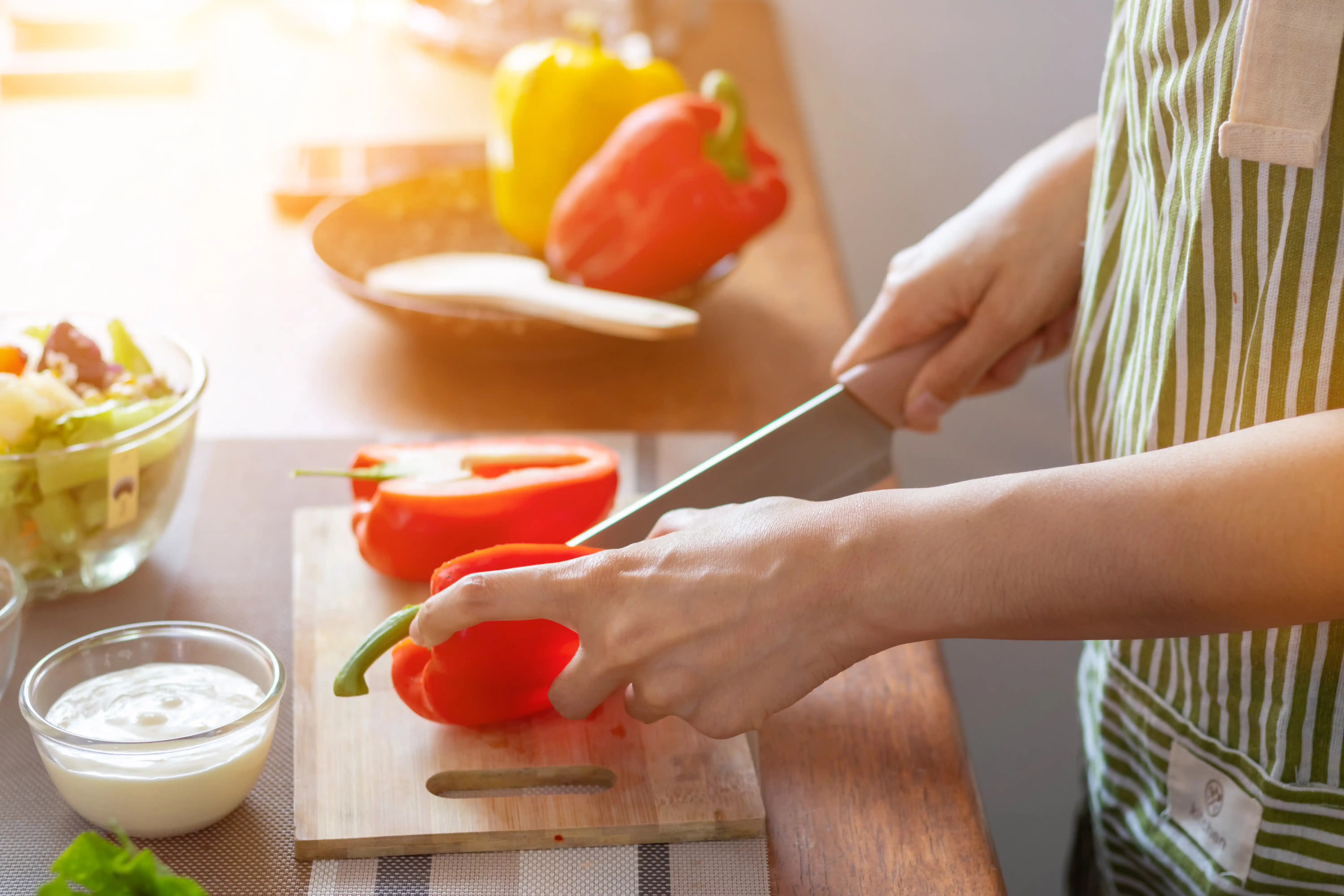
A neutropenic diet is a specialised diet with a very low bacterial count designed to minimise the risk of infections from contaminated food and drinks for people with weakened immune systems. When the immune system is weak, the body will find it difficult to protect itself from certain food bacteria and will require a 'clean' diet to prevent infections. Neutropenic diet is crucial for those undergoing:
By focusing on a clean diet, individuals can significantly reduce exposure to harmful bacteria and pathogens in contaminated food or drinks.
The rule-of-thumb is to have cooked foods and avoid all raw food items. This is because heat during cooking makes sure that all microorganisms in the food are destroyed. It is advisable to practice safe food handling to ensure food is hygienic to minimize exposure to bacterial and food contamination. Here are some tips on safe food handling:
Foods To Include in a Neutropenic Diet | Foods To Avoid on a Neutropenic Diet |
Bread, cereals, rice and pasta | |
· Commercially-packed bread, rolls, pancakes, waffles | · Bread, buns, cakes, doughnuts & muffins in bakeries left exposed |
Meat, fish, poultry, nuts, beans, eggs & nuts | |
· Well-cooked fresh meat or fish | · Raw or partially cooked meat, fish or poultry |
Fruits | |
· Canned fruits or frozen fruits | · Dried fruit & nuts mix (e.g. raisin, prunes) |
Vegetables | |
· Well-cooked fresh, canned or frozen vegetables | · Raw vegetables (e.g. salad, ulam) |
Milk, yogurt & cheese | |
· All pasteurized milk, cheese & yogurt Commercially-packed ice cream & sherbet | · All unpasteurized dairy products |
Fats & Spreads | |
· Butter, margarine, oil, shortening Commercially-packed salad dressing | · Avocado dressing |
Beverages | |
· Boiled water, distilled water, reverse osmosis (R.O.) water | · Unboiled water |
Others | |
· Freshly baked cakes & pastry | · Fast food |
Following a neutropenic diet is crucial for individuals with weakened immune systems, as it helps minimize the risk of infections from contaminated food and drinks. Adhering to the recommended food guidelines and avoiding high-risk items can support your health and recovery. Always consult your healthcare provider for personalised advice to ensure you’re making the best food choices for your condition.

Wait a minute

Wait a minute